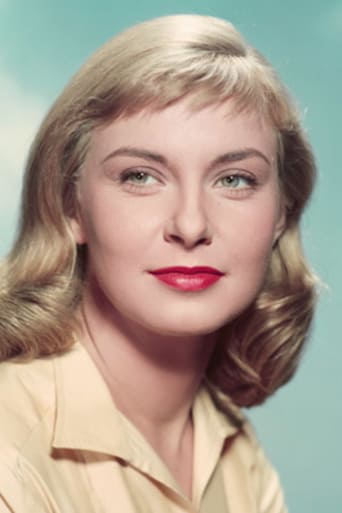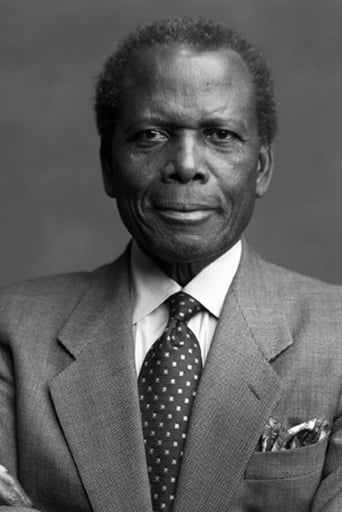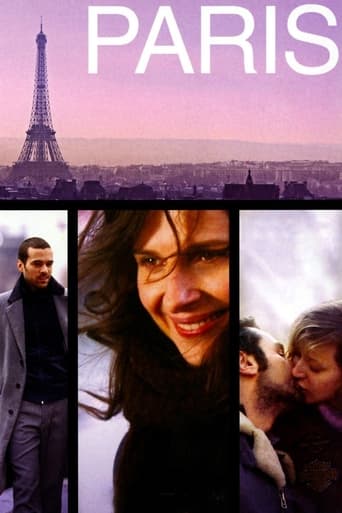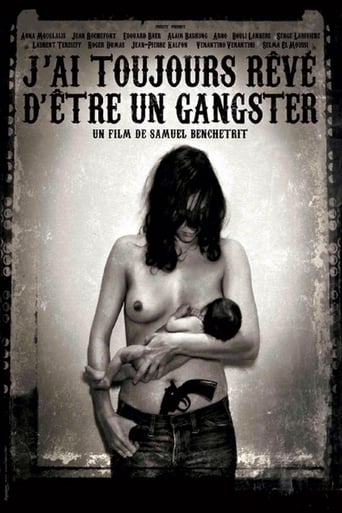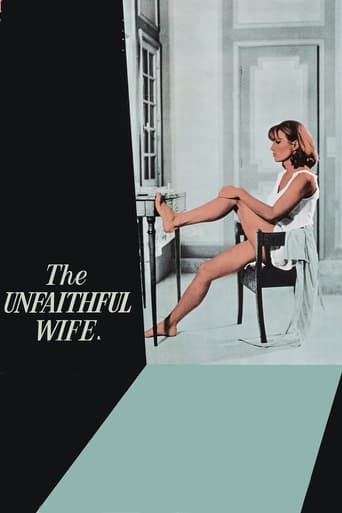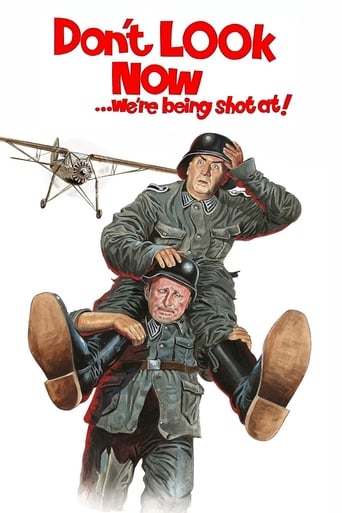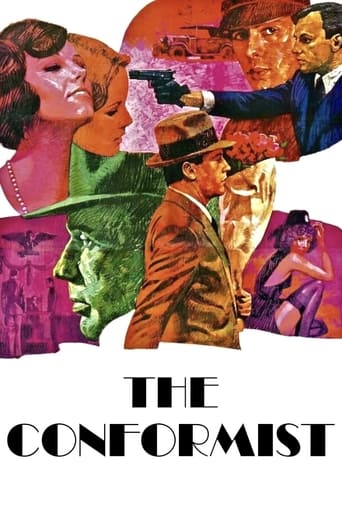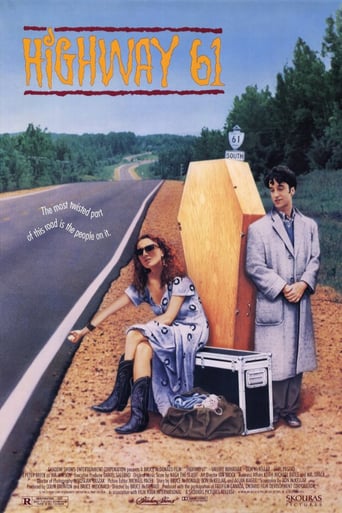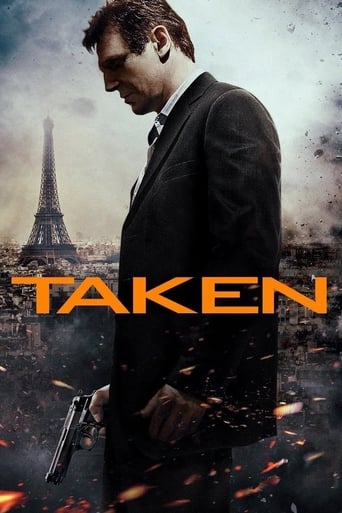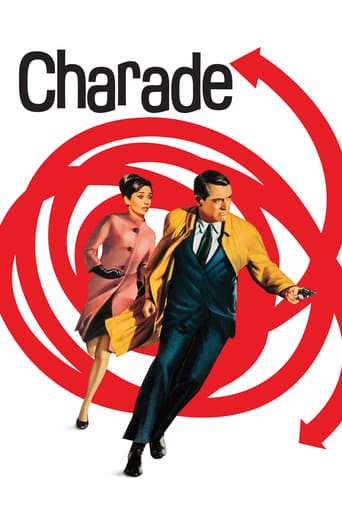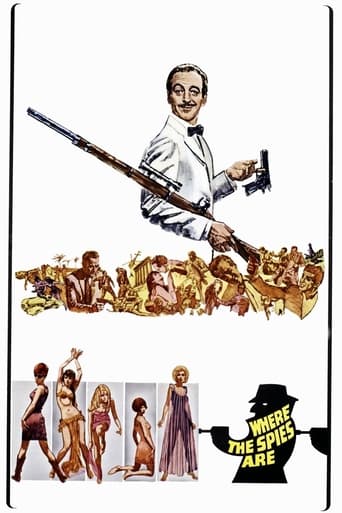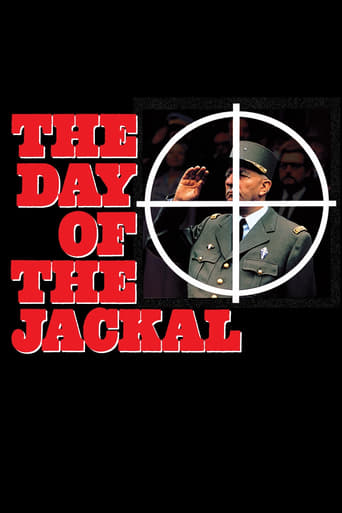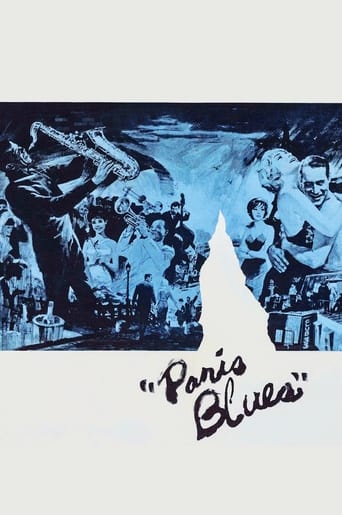
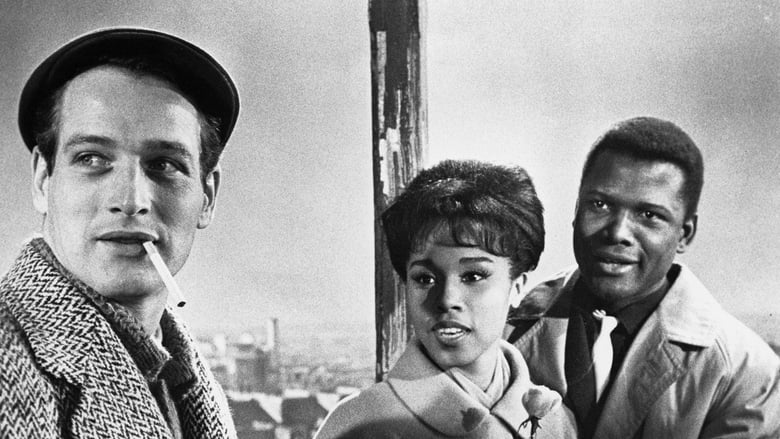
Paris Blues (1961)
During the 1960s, two American jazz musicians living in Paris meet and fall in love with two American tourist girls and must decide between music and love.
Watch Trailer
Cast


Similar titles
Reviews
Paris Blues (1961) *** (out of 4)American Jazz musicians Ram (Paul Newman) and Eddie (Sidney Poitier) are living in Paris where they spend all night practicing their music. Americans Lillian (Joanne Woodward) and Connie (Diahann Carroll) find themselves in Paris on vacation and soon they meet the musicians and sparks fly. The two week vacation soon has Lillian having major feelings for Ram but he knows if he decides to go with her it would mean going away from his love of music.Paris BLUES comes from director Martin Ritt who made a number of films with Newman but this one here has to be the most underrated. I really don't understand why this film isn't better known because it features a terrific cast and has some outstanding music as well as being a lot more sexual and mature than a lot of films made during this period.The main reason to watch this are for the performances and especially the chemistry of Newman and Woodward. The couple was already married by the time they made this and that chemistry between them just jumps right off the screen and especially the sexual tension between the two. Newman is very good in his rather grumpy role and he nails that part perfectly but he also nails the romantic side. Poitier is basically playing second fiddle here but it's still a lot of fun seeing him and Newman work together. Carroll is excellent in her supporting role and it was a lot of fun seeing Louis Armstrong.The Jazz music score is perfect and I thought the film did a terrific job at playing up the Paris nightlife and the life of two musicians who are up all night. I thought the four stars had an excellent chemistry together and it makes for their journey to be quite entertaining. It also doesn't hurt that the film also deals with race relations without beating the viewing over the head. Paris BLUES really deserves to be seen by more people as it's certainly a nice little gem.
For starters, this is one of those rare movies that would not have been as good if it had been shot in colour. B&W somehow fits the mood, the story and the setting. Yet it's not really a sad or dark story. As in many older B&W films, the lighting is magnificent with highlights and shadows and textures that simply aren't workable in colour. The performances are universally superb. The script is free of the usual clichés. And the music is great. (How could you possibly make a bad movie with the likes of Louis Armstrong, Paul Newman, Joanne Woodward, Sidney Poitier and Diane Carrol?) Nor, in that era (1961), did Hollywood zoom in and linger obsessively on sexual acrobatics. This is a mature, sexy film without any graphic sex. Those were the rules back then and this film is the better for them. A thoroughly enjoyable movie with a great cast that has stood the test of a half century very well indeed.
Martin Ritt made interesting dramas during his long, respected career, about spies, union workers, teachers, black-listed writers, half-breeds, farmers, boxers, landowners, and miners, but he was not very lucky with female tourists and musicians in Paris, as witness this production, one of two films he made in Europe in the early 1960s: this "Paris Blues" released in 1961, and the year before, "Five Branded Women", about Yugoslavian women being accused of having sex with Nazis during II World War. "Paris Blues" seems a bit interesting from the outset, a reflection on cultural clash, as seen through the eyes of four American characters in Paris, but it slowly becomes a variant of 1960's beach-opera "Where the Boys Are"... for adults. Paul Newman (obnoxiously demonstrating the limitations of Method acting) and Sidney Poitier (doing his usual number of the chic African-American) unconvincingly play two jazz musicians in Paris who have a two-week adventure with "high-heeled-on-cobblestone" tourists Joanne Woodward and Diahann Carroll. Joanne turns into a mix of Connie Francis and Yvette Mimieux, as the light-hearted, fun but serious at the core gal, with a past (including two children); while Diahann mixes Dolores Hart's activist role with Paula Prentiss' "baby-machine" goal. They have no restraint about sex with the guys as the four girls on the beach film, but they spend most of the film trying so hard to get Paul and Sidney "back home", to domesticity and the "American way of life", that they become increasingly boring characters. On the French side, Barbara Laage plays Marie, Paul's silent, older lover and owner of the café where his band plays (and she sings a tune), while Serge Reggiani enacts a cliché of a cocaine-addict gypsy for good measure. The only time I felt the film came alive is when Louis Armstrong goes to Marie's Café with his musicians, and they all play with Paul, Sidney, Serge, Moustache and the rest of the guys. But the joy comes from Duke Ellington's pre-recorded music, for all the horn players seem to be sipping Coke bottles instead of blowing saxes, trumpets or trombones. Ritt was an efficient filmmaker, but this one is nothing more than a flat dramatic comedy, without style, and with a very bad script by four writers (including black-listed Walter Bernstein), based on a novel by Harold Flender.
I tried to comment on this good film when it was on TCM a couple of days ago. I liked all of the comments except the derisive remarks regarding Ellington, and Strayhorn's relationship, but I digress. Queencheryl, You are right to wonder about the love affairs presented to us in the film. I've read (Music Is My Mistress) that Ellington was primarily interested in the project because the film WAS to have Ms. Carroll and Mr. Newman's characters "getting together" as the main story, and was very disappointed to find out after he...and Strayhorn had written and, worked the scoring, the producers chickened out and changed the screenplay. The music and the on screen appearances of Armstrong are the stars for me. Walking in Paris is cliché, but not doing that there, is like not going to Fisherman's wharf when visiting here. AND WHAT CITY TO HAVE WALKED IN!



